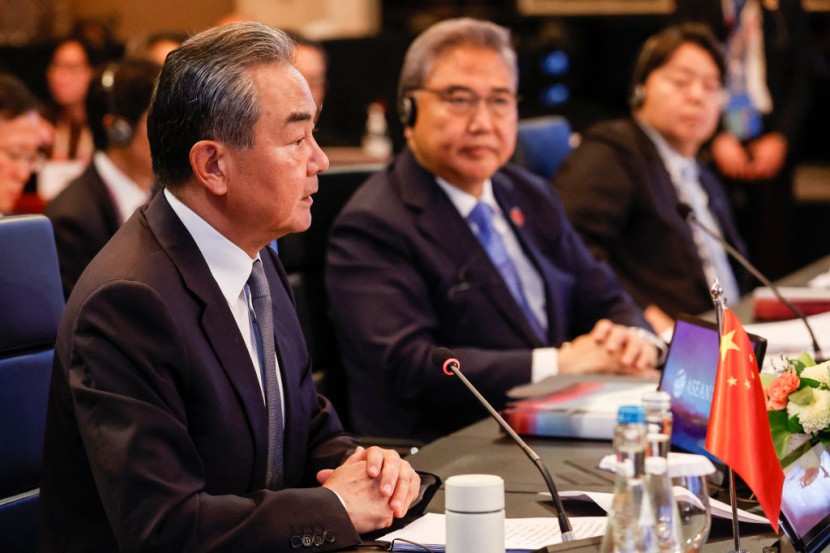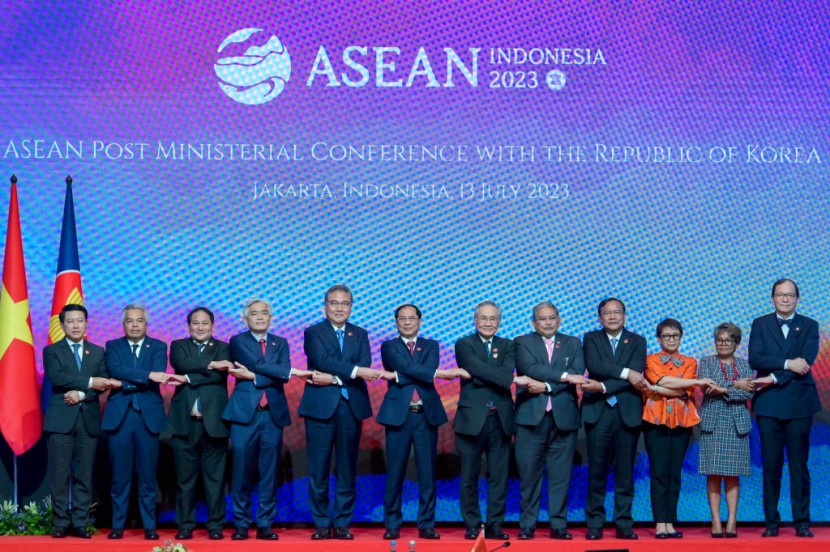China and ASEAN agreed to conclude a nonaggression pact that will help them prevent territorial conflicts.
ASEAN members and China shared their decision on Thursday, July 13, during the Post Ministerial Conference, which happened in Jakarta Indonesia.
China, ASEAN to Conclude Nonaggression Pact Before 2026

According to ABC News' latest report, China's top diplomat Wangyi and foreign ministers of ASEAN countries said that they will complete their code of conduct negotiations before 2026.
This was shared by a Southeast Asian diplomat, who spoke in anonymity because he doesn't have the authority to share such detail with the public.
AP News reported that ASEAN members Malaysia, Vietnam, Brunei, and the Philippines have been in a decades-long territorial spat with China and Taiwan in a disputed waterway.
This contested territory is a key passage for global trade. Because of this, it has been called the "Asian flashpoint."
This is why the nonaggression pact that China and ASEAN members will conclude before 2026 is critical to prevent future territorial conflicts.
Free-Trade Agreement Being Pushed

Aside from the nonaggression pact, China and ASEAN countries are pushing for a third version of a free trade agreement.
Wang Yi said that the Chinese government and ASEAN members are actively promoting and negotiating the free trade area version 3.0.
He added that both sides agreed to the full implementation of the RCEP (Regional Comprehensive Economic Partnership).
The RCEP is the world's largest trade bloc supported by China. It was signed on January 1, 2022. It is considered the alternative to CPTPP (Comprehensive and Progressive Agreement for Trans-Pacific Partnership), which is led by the United States.
"We will continue to deepen the comprehensive strategic partnership with ASEAN," said the top Chinese diplomat via Reuters.
He added that this will create a better strategic environment for the development and revitalization of ASEAN members and China.
Wang Yi added that it will help them achieve long-term peace and stability in the region.
Related Article : China's Tiangong Space Station Become Global Scientific Center, Hosts Experiments From Worldwide Researchers
© 2025 HNGN, All rights reserved. Do not reproduce without permission.








